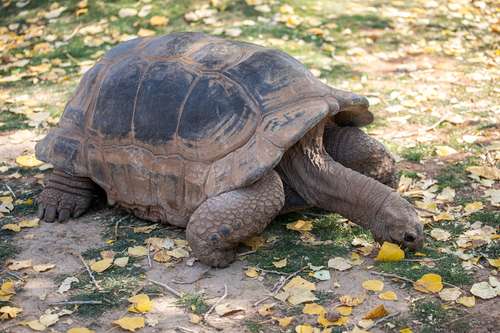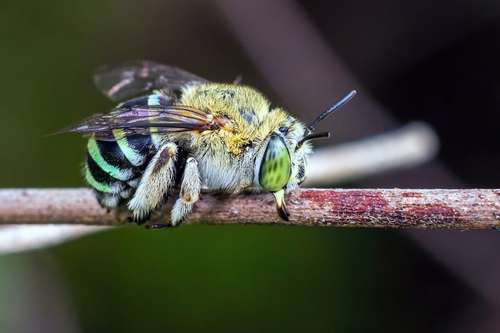In a step towards addressing the ongoing human-elephant conflict in India, the state of Assam has launched a mobile application named Haati (elephant in Hindi). This app is designed to reduce deaths caused by wild elephants, particularly in regions where these conflicts have become increasingly frequent.
The launch of Haati app marks a crucial initiative in wildlife conservation, aiming to promote safer coexistence between humans and elephants.
The Human-Elephant Conflict
The human-elephant conflict in India has been a longstanding issue, particularly in northeastern states like Assam, which houses 5,700 elephants, the second-largest population of elephants in the country. Due to rapid deforestation and human encroachment into elephant habitats, these majestic creatures often wander into human settlements in search of food, leading to tragic encounters.
Annually, these conflicts are responsible for the deaths of approximately 70 humans and 80 elephants in Assam alone. At least 394 individuals have reportedly lost their lives between April 2019 and March 2024.
Additionally, the Telegraph India reported that official figures indicate that 1,330 elephants died between 2001 and 2022, with only 509 of those deaths being attributed to natural causes. Others were poisoned, electrocuted, and poached.
The residents embraced the initiative, noting that the app would help in mitigating the human-animal conflict.
How the Haati App Works
The Guwahati-based wildlife conservation organization Aaranyak created Haati app, which serves as an early warning system. The app allows users, particularly those living in rural and forested areas, to report sightings of wild elephants near their communities.
Upon receiving a report, the app alerts local authorities and other nearby users, enabling them to take immediate precautions to avoid encounters with the elephants. This rapid communication aims to prevent the destructive interactions that have become too common in these regions.
Aaranyak’s senior conservation scientist and the head of elephant research and conservation division, Bibhuti P. Lahkar, commented while speaking on the HaatiApp, “The app will also have the ex-gratia application forms against damages caused due to depredition by wild elephants."
Explaining the function of the app, he said: “Once they install the app on their phones, they’ll have access to a large contact, and whenever they see elephants in their area, they can update the forest department about it quickly. This will help the people to be aware and the officials to take immediate action.”
Final Thoughts
The success of Haati app could serve as a model for other regions in India and beyond facing similar challenges with wildlife. As India continues to grapple with the delicate balance between development and conservation, initiatives like the Haati app are vital in ensuring that both humans and elephants can thrive.
The ongoing challenge, however, will be ensuring widespread adoption and effective use of the app, particularly in remote areas with limited access to technology. Continuous efforts to educate communities and improve infrastructure will be essential for the Haati app to achieve its full potential in reducing the devastating impacts of the human-elephant conflict.




